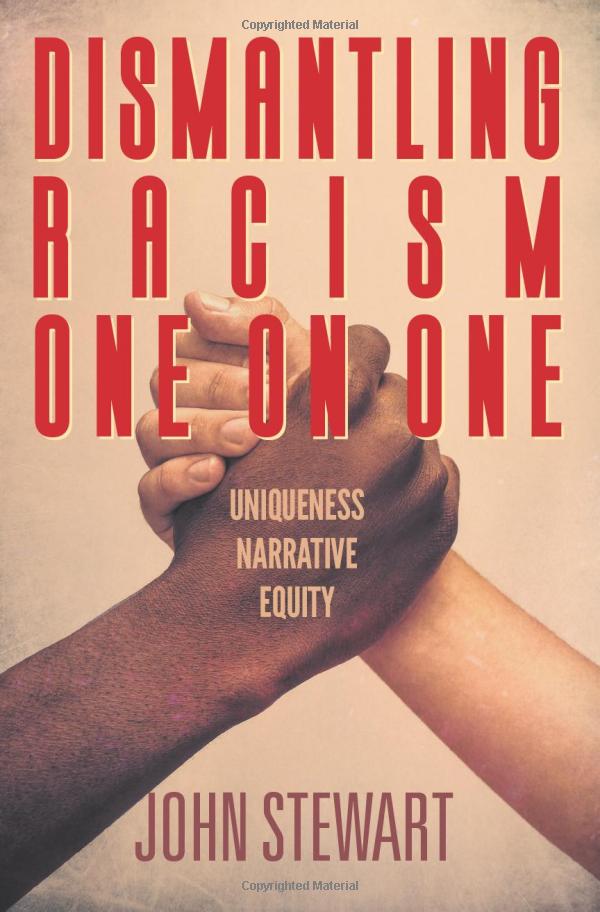“I love you, but I wish you’d change your underwear more often.”
“I love you, and I wish you’d change your underwear more often.”
More than 30 years ago, family therapist Virginia Satir wisely called attention to the important difference between these two statements.[1] The “but” in the first one effectively cancels out the “I love you,” to the point where the only thing your partner hears is “I wish you’d change your underwear more often.” The “and” in the second statement reminds both speaker and hearer that preferences, wishes, and feelings are complicated, and that the speaker is actually feeling both love and mild disgust at the same time.
This difference surfaces every time parents, teachers, or managers simplistically apply the familiar advice that you should express criticism as a “sandwich,” where your negative comments are prefaced and followed up by positive ones. “I like the fact that you’re taking work more seriously, but you came in late twice last week.” “Good try, but you haven’t got it yet!” “I know you want to be treated like an adult, but you keep forgetting things.”
The people you’re talking with–subordinates, students, children—only hear the parts that come after the “but.” This is a problem because often, parents, teachers, and managers actually believe and feel both the support and the criticism. The truth is that both of these feelings or beliefs are there together. How easy it could be for each of them to tell the truth simply by replacing “but” with “and.”
Human communication is more than just “exchanging meanings” or “getting my ideas across.” It’s the continuous, complex, and collaborative process of verbally and nonverbally making meanings. It’s “continuous” because communication was going on well before any of us was born, and it’ll continue well after we die. This means that everything we speak and write—literally everything—can be viewed as both something we initiated and as a response to what came before it. Both.
“Complex” means that word choice, past interactions, tone of voice, facial expression, the medium (face to face, Twitter, Skype, etc.), gender expectations, cultural patterns, and many other factors affect the meanings that people construct together. And “collaborate” does not mean that people always agree on meanings; it means that they both or all contribute to what gets made when people communicate. They co-labor to construct meanings.
Small differences in word choice—like the distinction between “but” and “and”—can show when communicators understand communication accurately, and when they don’t. Try substituting “and” for “but” and notice the changes it can make. Often, your body will even feel different, as you express two simultaneous or complementary things, rather than a thought or feeling that goes in one direction and another thought or feeling that goes in the opposite way.
Most of the time, the truth you’re trying to speak is not simple. Using “and” instead of “but” can help you tell the truth.


